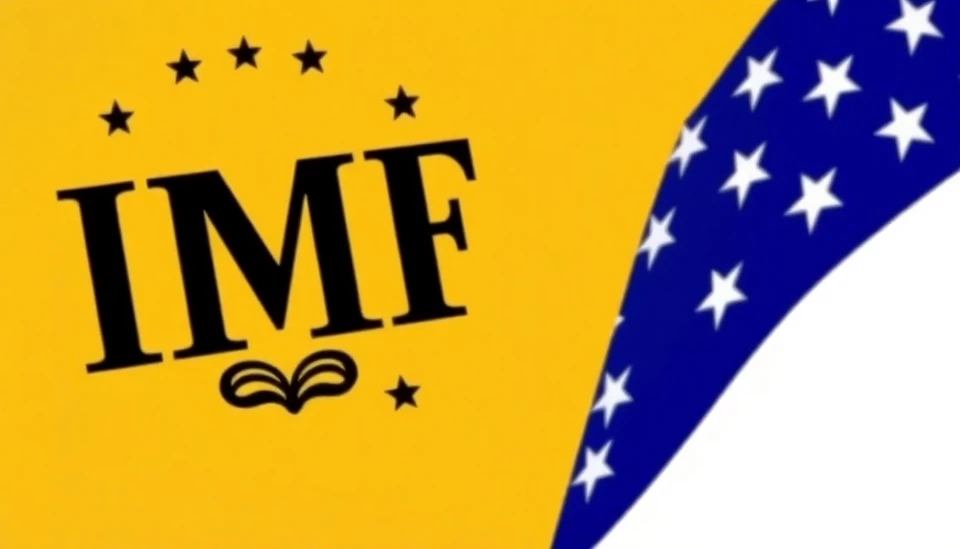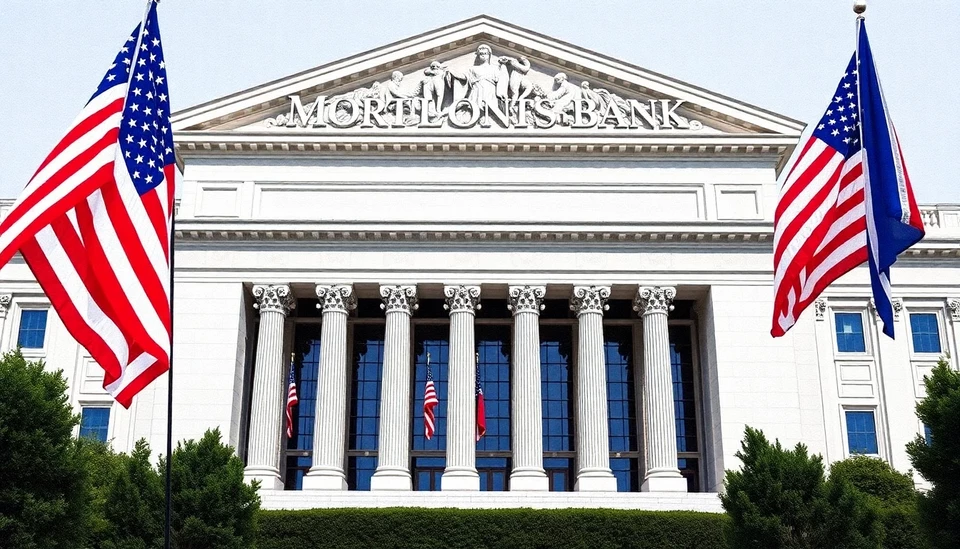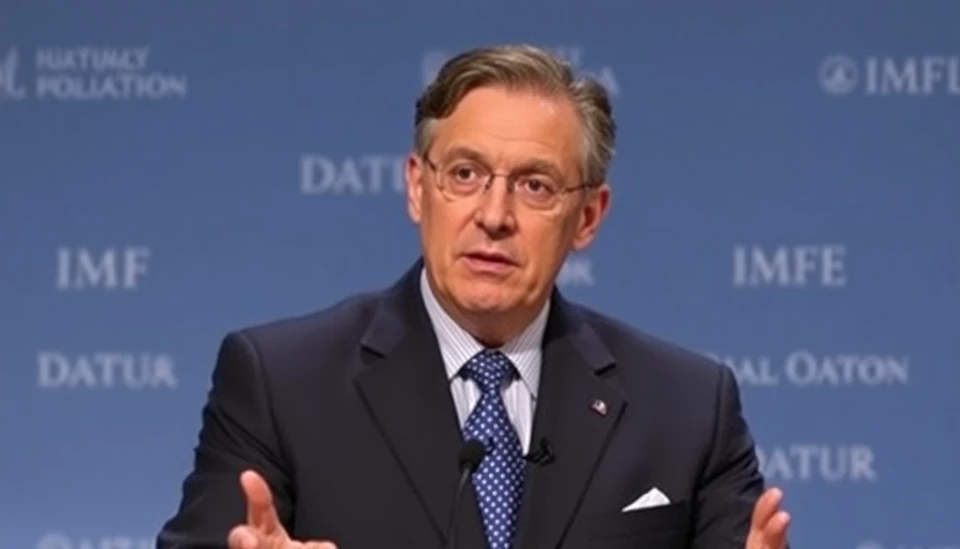
In a significant move aimed at stabilizing Pakistan’s struggling economy, the International Monetary Fund (IMF) has granted initial approval for a new loan package worth $2 billion. This comes as the South Asian nation grapples with mounting economic challenges, including soaring inflation and a depreciating currency.
The IMF's Executive Board is expected to formally endorse this agreement during a meeting set to occur in early April 2025. The funding is crucial for Pakistan as it seeks to bolster its foreign reserves, which have declined sharply over the past year, leaving the country vulnerable to external shocks and currency fluctuations.
This financial assistance from the IMF is viewed as a vote of confidence in Pakistan’s economic reform efforts, following extensive negotiations that have taken place over recent months. These discussions focused on the country's commitment to implementing tough fiscal measures aimed at ensuring financial stability and fostering sustainable economic growth.
The latest loan will serve as part of a larger bailout program that has been in place since 2022, which aimed to help Pakistan recover from a series of crises exacerbated by global economic conditions and domestic policy challenges. The previous agreements under the program included structural reforms in taxation, energy pricing, and public sector spending.
As the IMF emphasizes the necessity of economic reforms, Pakistan must demonstrate progress in key areas such as reducing fiscal deficits, enhancing revenue generation, and implementing measures designed to control inflation. This funding will enable the government to manage its budget more effectively in the short term while also working towards establishing a more resilient economic framework in the long run.
Economists are cautiously optimistic about this approval, suggesting that timely access to the funds could prevent an economic collapse and provide a buffer against external debt obligations. However, the pressure to meet the IMF’s reform conditions could also provoke social unrest, as austerity measures often impact the most vulnerable populations within the country.
In recent months, inflation rates in Pakistan have soared, with basic commodities becoming increasingly unaffordable for many citizens. The government has been under immense pressure to address these issues while ensuring compliance with IMF stipulations. The balance between achieving fiscal responsibility and maintaining social stability is delicately poised.
In summary, the IMF's initial approval of the $2 billion loan marks a critical juncture for Pakistan, providing a necessary financial lifeline that could aid in restoring economic confidence and stability. As the nation prepares for the upcoming meeting to finalize the support, all eyes remain on the government’s commitment to reform and the subsequent impacts on its population.
Follow the unfolding developments in Pakistan’s economic landscape, as this loan approval sets the stage for potential recovery from the current fiscal turmoil.
#IMF #PakistanEconomy #LoanApproval #EconomicStability #FiscalReform #Inflation #EconomicRecovery #InternationalFunds #PakistanPolitics
Author: Daniel Foster




